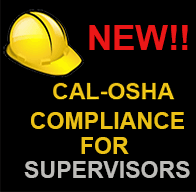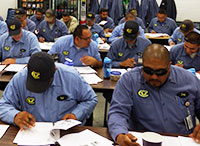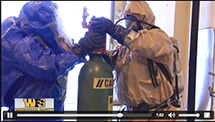—It’s coming… Will YOU be prepared?
It is incredible to me to find that, in the middle of November 2013, most companies and organizations are not prepared for the GHS Training Deadline. I mean, OSHA has only been promoting this change for around 2 years now. What’s the holdup? I have personally received over 30 emails with messages such as this:
OSHA’s updated Hazard Communication Standard provides a common and coherent approach to classifying chemicals and communicating hazard information on labels and safety data sheets. The first deadline in the implementation phase is Dec. 1, 2013, the date by which employers must train workers on the new label elements and the safety data sheet.
GHS is here and the process of complying is upon us! Why is this such a shock? We have all had 2 years to prepare and take care of the training. Yet it seems that most are ill-prepared to meet this deadline and, I am sure, are banking on the grace period OSHA will offer up.
This is really an issue of effective hazard communication for our employees, so in my opinion, there is no excuse for not being prepared. The new measures are being put in place to provide better safety information to workers in order to minimize fatalities, injuries, and illnesses in the workplace —protecting employees and saving everyone’s time and money!
The process is not that difficult to follow. Simply make sure employees are educated in the following:
- New Pictograms
- SDS (New Safety Data Sheet Format)
- New Label Format and Requirements
- Completely Cover Chemical Hazards in the Workplace
The second phase deadline is in 2015, so we again have a couple of years to be ready for the changes. Let’s take this one seriously!
Steve



